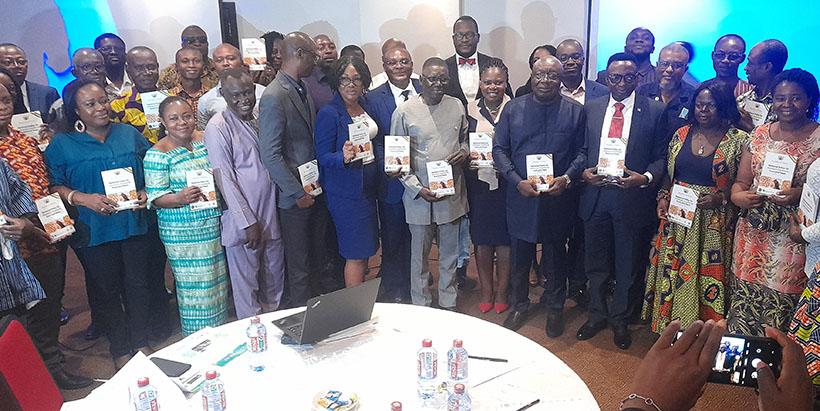Modernising Agriculture in Ghana (MAG)
Funding SourceGovernment of Canada
PartnersAll CSIR Institutes
The Modernisation of Agriculture in Ghana (MAG) Project gives budgetary support and technical assistance in response to the objectives of Food and Agriculture Sector Development Policy (FASDEP), The Medium-Term Agricultural Sector Investment Plan (METASIP) and Ghana Shared Growth and Development Agenda GSGDA) addressing productivity and value chain management issues for increased farmer incomes and enhanced rural livelihoods. One of the interventions by the Government of Ghana to bridge the gender gap in agriculture is to improve adoption of technologies under the Modernization of Agriculture in Ghana (MAG) project. MAG focuses on demand driven research and alternative methods of extension delivery that facilitate the dissemination of technologies to farm households, Farmer Based Organisations (FBOs), out-growers of nucleus farms, among others. Under the component 3 of the project, which seeks to support agricultural research in order to strengthen agricultural extension services and improve agricultural productivity, production needs and demands of smallholder farmers are identified for tailor-made technologies and innovation development and transfer.
See Detail 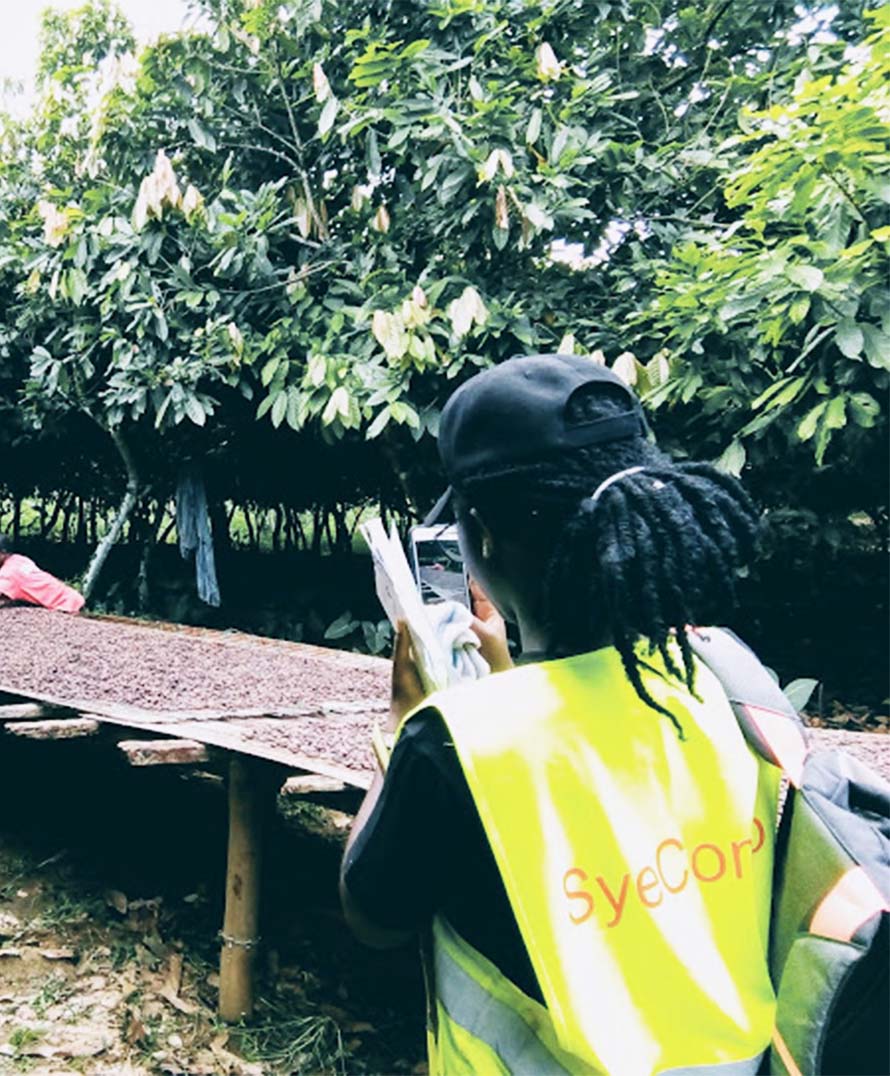
Strengthening STI Systems for Sustainable Development in Africa
Funding SourceSwedish International Development Cooperation Agency (SIDA) SIDA through The United Nations Educational, Scientific and Cultural Organization (UNESCO)
Duration2 Years
Within UNESCO’s global framework for monitoring, policy support and advocacy for the UNESCO Recommendation on Science and Scientific Researchers (RS|SR), the project “Strengthening STI systems for Sustainable Development in Africa” aims to ensure that governments and national science institutions in six African pilot countries (Congo, Ghana, Namibia, Sierra Leone, Tanzania and Zimbabwe) are taking measures to strengthen their national and regional STI policies, governance of STI, and institutions in research and innovation in accordance with the RS|SR. Under this Swedish International Development Cooperation Agency (SIDA) funded project, UNESCO is assisting the Government of Ghana, notably through the Science and Technology Policy Research Institute of the Council for Scientific and Industrial Research (CSIR-STEPRI) to undertake and implement activities related to the SIDA project.
See Detail 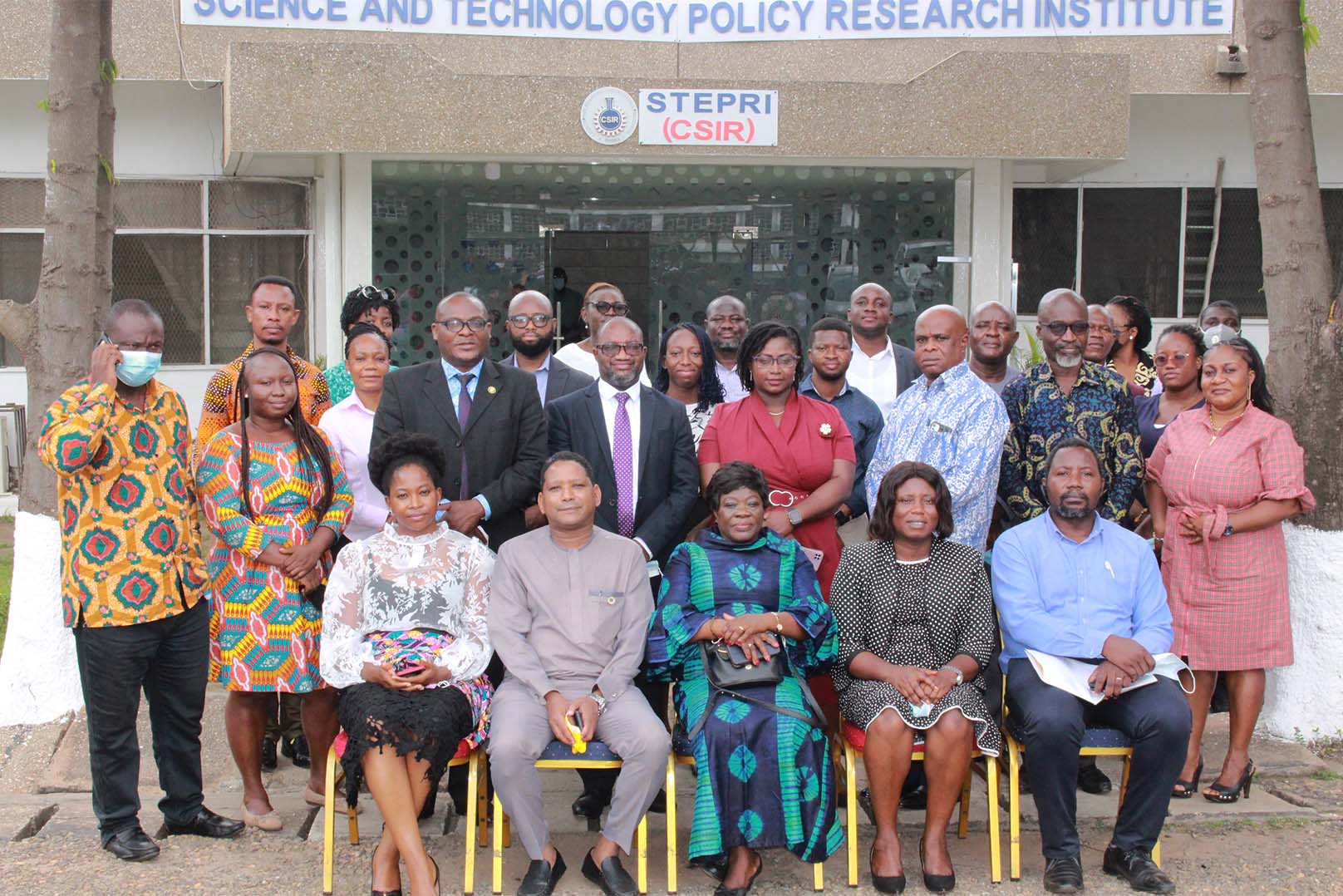
Women in Engineering Education and Careers in Benin and Ghana (WEEC-BG)
Funding SourceIDRC
Duration3 Years
LocationGhana and Benin
To contribute to bridging the gender gap in engineering in Ghana and Bénin through original research and policy recommendations.
See Detail 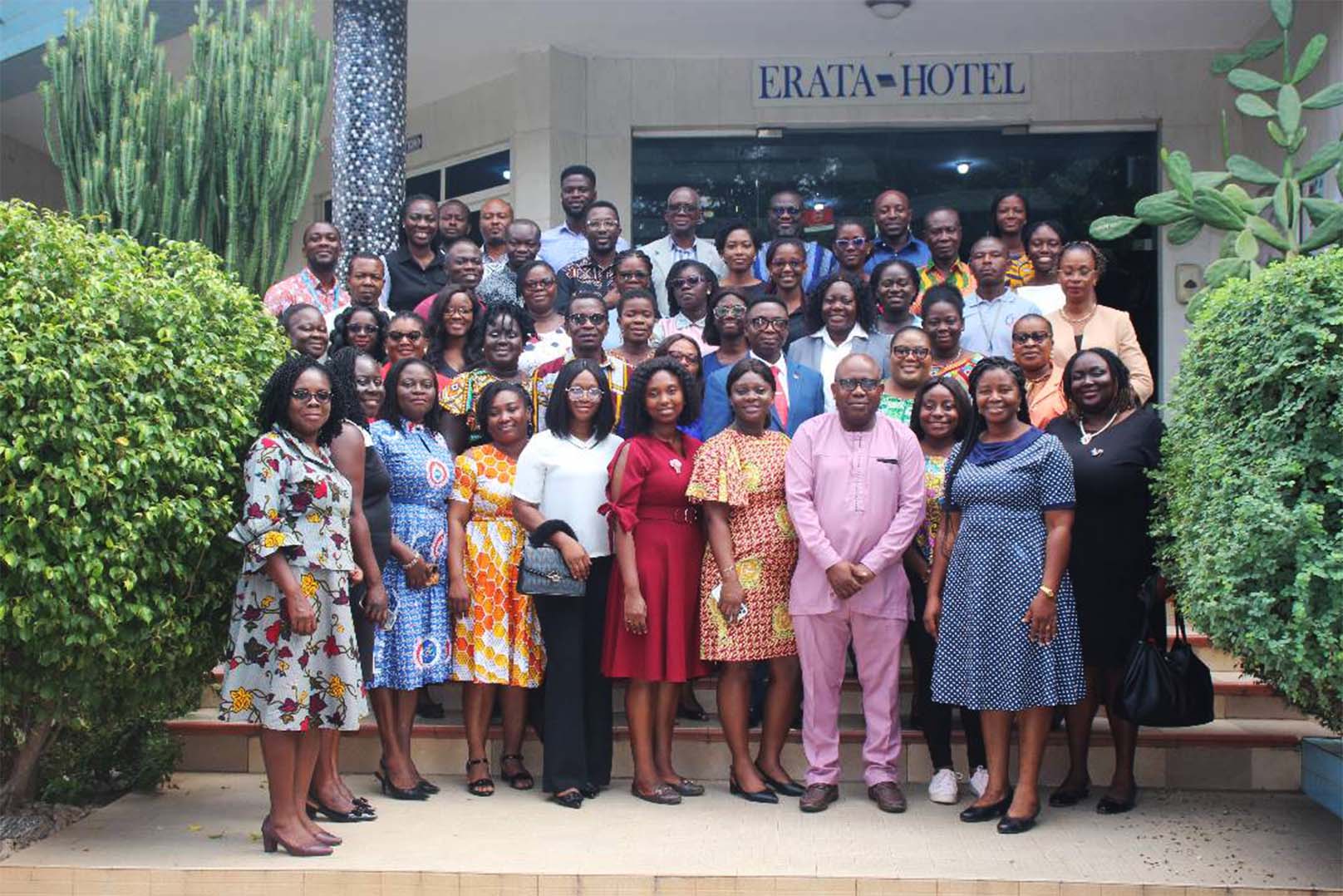
Sustainable Intensification of Key Farming Systems in the Sudano-Sahelian Zone of West Africa (AFRICA RISING)
Funding SourceUSAID
DurationFour Years, (Extended by Six Months, 1st January-31st July 2022)
LocationSelected Communities in Northern Ghana
The Africa RISING project is a key pathway towards better food security, improved livelihoods, and a healthy environment. Various technologies have been developed and validated by Africa RISING and STEPRI has been part of this effort. STEPRI has been involved in the implementation of activities that contribute mainly to Outcomes 3 and 4. So far, work has been done to analyze farmers’ access to input and output markets, delivery pathways for SI technologies and the role of government extension services, review of agricultural mechanization policy ordinances in Ghana, and simulation analysis on SI technology adoption. This project was a wrap-up effort to ensure that work that was started in 2019 and represented in the form of Policy Briefs using the available past reports from STEPRI which will go a long way to address policy-related needs to enforce the work.
See Detail 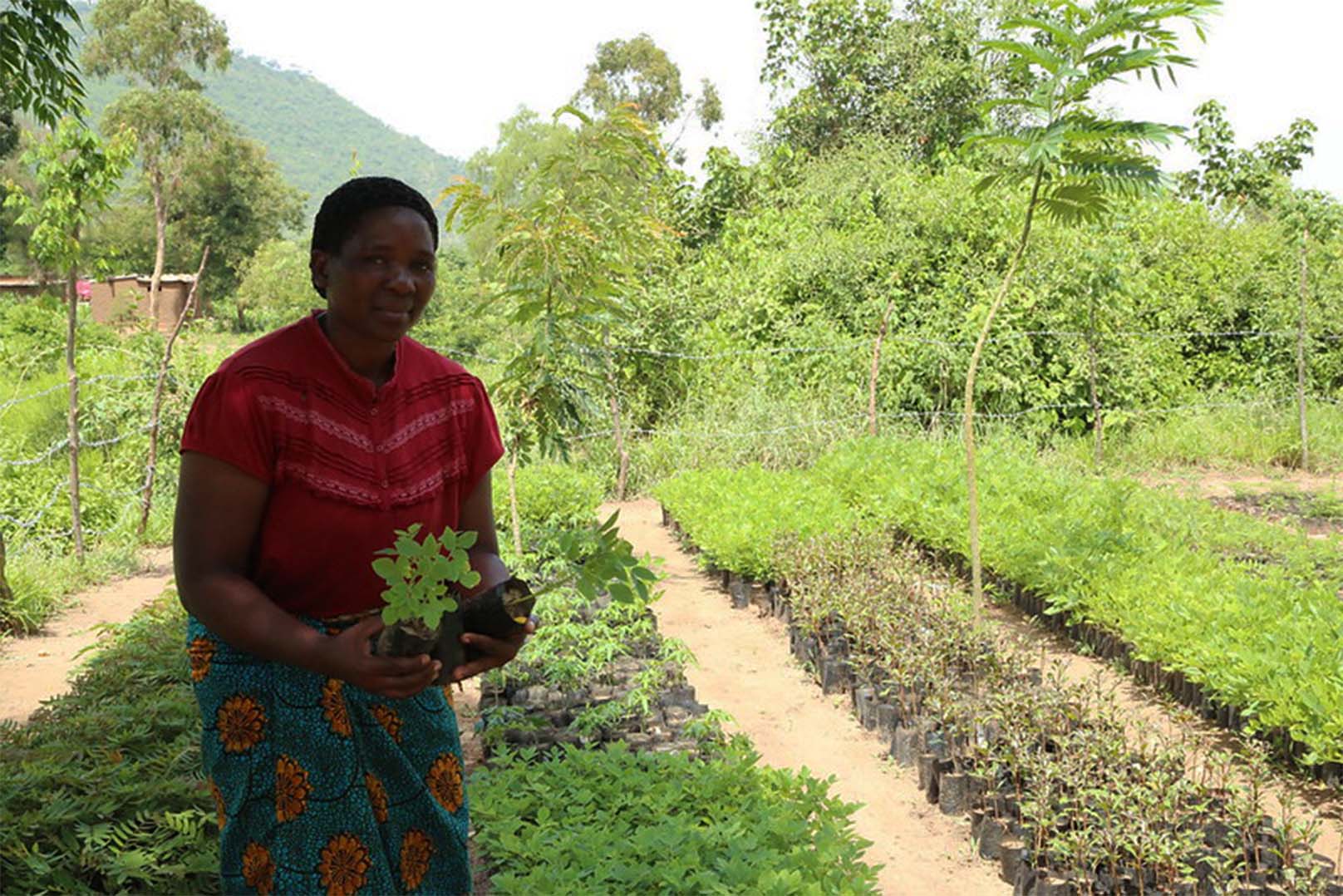
Long-Term European-African Partnership for Food and Nutrition Security and Sustainable Agriculture (LEAP4FNSSA)
Funding SourceEuropean Commission
Partners20 European Partners (From 14 Countries); 15 African Partners (From 8 Countries)
Duration4 years from 1st Nov 2018
LocationAfrica and Europe
LEAP4FNSSA is a Coordination and Support Action (CSA) that aims at establishing a Europe-Africa International Research Consortium (IRC). The IRC will provide a tool for all European and African institutions ready to engage in a sustainable partnership platform for research and innovation on Food and Nutrition Security as well as Sustainable Agriculture (FNSSA)
See Detail 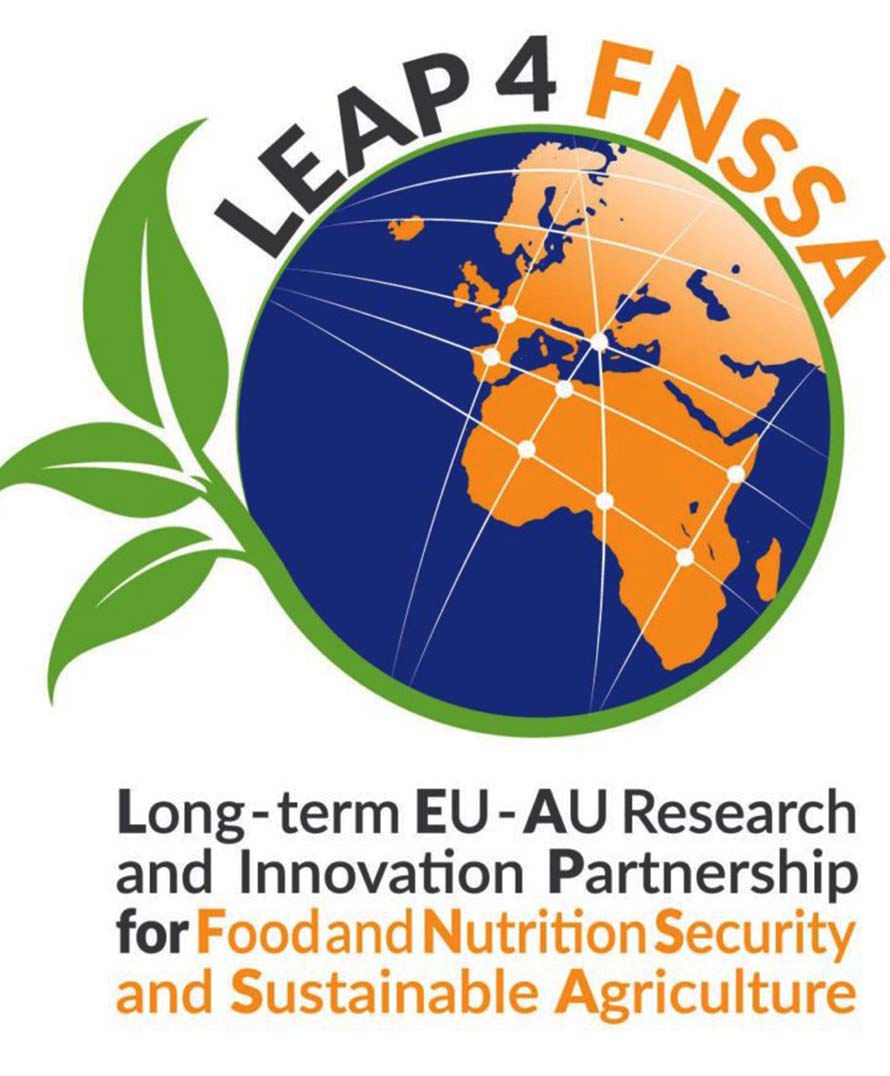
Developing a National Policy and Technical Regulation for Aflatoxin Control in Food and Feed
Due to the detrimental effects of aflatoxins on food and nutrition security, health, and the economy, the African Union Commission has prioritised aflatoxins as a major food safety problem and has therefore established the Partnership for Aflatoxin Control (PACA) to help address the problem on the continent. With the help of PACA, ECOWAS developed its action plan for aflatoxin control, which was adopted by Ministers of Agriculture in 2015. ECOWAS Member states are accordingly required to adapt this action plan to their specific contexts and ensure its mainstreaming into existing policies and programmes. It is in this vein that a grant was sought from AGRA to develop a national policy that will spell out an action plan together with a technical regulation to ensure adequate enforcement of aflatoxins standards
See Detail 